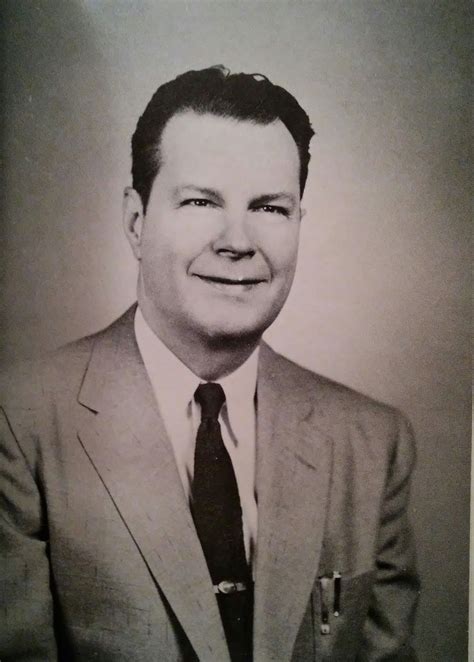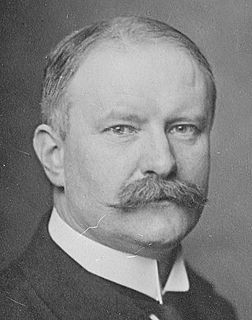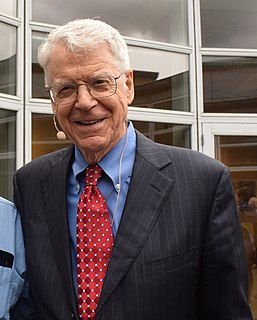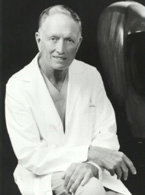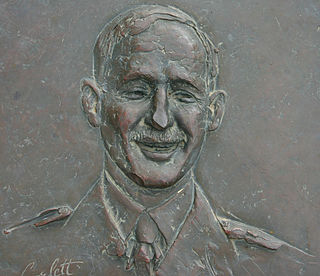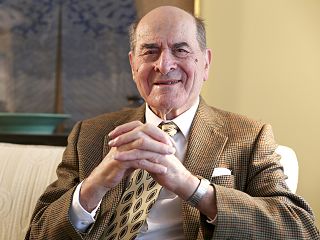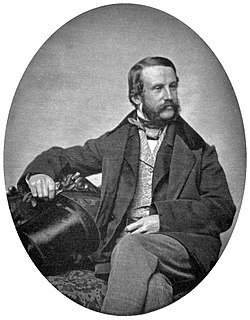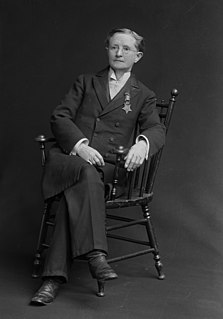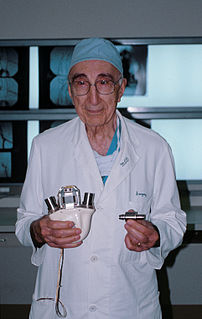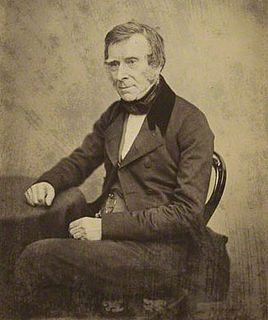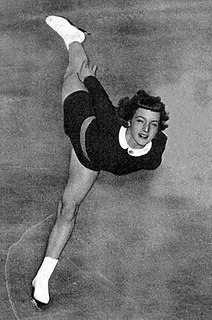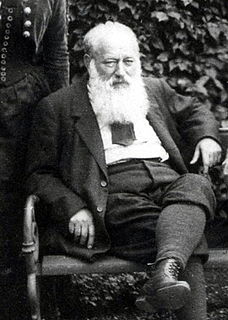A Quote by Philibert Joseph Roux
We often experience more regret over the part we have left, than pleasure over the part we have preferred.
Related Quotes
However intense my experience, I am conscious of the presence and criticism of a part of me, which, as it were, is not a part of me, but a spectator, sharing no experience, but taking note of it, and that is no more I than it is you. When the lay, it may be the tragedy, of life is over, the spectator goes his way. It was a kind of fiction, a work of the imagination only, so far as he was concerned.
Contemporary art often plays to the part of us that is very uncomfortable with not being sure, that cannot maintain a state of 'don't know'. The over-prioritising of meaning gets in the way of just experiencing the art in a more sensual way. Judging quality purely from an intuitive emotional response needs more confidence and experience than just working it out like a crossword clue.
The good part of writing is where it gets out of your control and turns into something else. You look at it and think "Whoa, where did that come from? That wasn't what I meant to write, but it's more interesting than what I was intending. Which part of my subconscious or my experience did that come from?" Often the answer isn't clear, and often the line between fiction and fact isn't clear, either.
When I say it's you I like, I'm talking about that part of you that knows that life is far more than anything you can ever see or hear or touch. That deep part of you that allows you to stand for those things without which humankind cannot survive. Love that conquers hate, peace that rises triumphant over war, and justice that proves more powerful than greed.
I think the ability to motivate might be interpreted as the ability to lead, or to show people their goals or, perhaps more important, what their potential is - as a person as well as a player. You've got to show players that being part of a team will carry over to the experience of becoming part of society.
I always talk about shooting being broken down into three things. You have to have some semblance of good form. The second part is repetition: doing things over and over again until you really develop a skillset. And then the third part is confidence. But for me, you can't have confidence without having that second part.
Often while reading a book one feels that the author wouold heave preferred to paint rather than to wirte; one can sense the pleasure he derives from describing a landscape or a person, as if he were painting what he is saying, because deep in his heart he would have preferred to use brushes and colors.
There are people who can walk away from you... let them walk. I don't want you to try to talk another person into staying with you, loving you, calling you, caring about you, coming to see you, staying attached to you... Your destiny is never tied to anybody that left. And it doesn't mean that they are a bad person, it just means that their part in the story is over. And you've got to know when people's part in your story is over.
No benefit comes from a just man's prayer if he who asks for it finds more pleasure in sin than in virtue. For Samuel mourned over Saul when he sinned, but he was not able to obtain God's mercy, for his grief was not supported by the necessary change of life on the part of the sinner. Hence God put an end to the pointless grief of His servant, saying to him, 'How long will you mourn for Saul, seeing I have rejected him from reigning over Israel?' (I Sam. 16:1).










